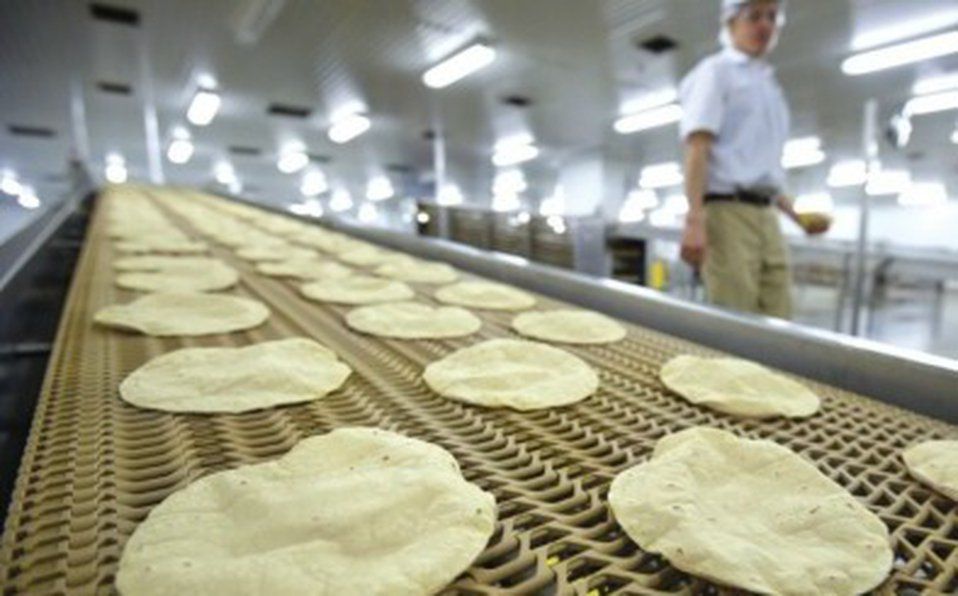Mexico will impose a 50% tariff on white corn exports (for human consumption only and not genetically modified) as of Tuesday.
From January to November 2022, Mexico exported 246,926 tons of white corn to the world for a value of 78 million dollars.
The main destinations of these shipments were: Venezuela (63.3 million dollars), Guatemala (6.6 million), Costa Rica (3.2 million), United States (2.5 million) and El Salvador (2.5 million).
Through a decree published in the Official Gazette of the Federation (DOF), the Ministry of Economy established this tariff, which will be in effect until June 30, 2023.
The purpose of the measure is to reverse the increase in the prices of products made with this type of corn, especially tortillas.
The formulation and implementation of trade policy continues to be the responsibility of the Ministry of Economy (SE).
It collaborates mainly with the Ministries of Foreign Affairs (SRE), Finance and Public Credit (SHCP) and Agriculture and Rural Development (SADER), as well as with the Ministries of Environment and Natural Resources (SEMARNAT), Energy (SENER), Tourism, Health (SSA) and Defense (SEDENA).
White corn
Local governments and stakeholders are also consulted in the formulation of trade policy.
Trade measures, before being published in the DOF, must undergo a regulatory improvement procedure, which is carried out through a regulatory impact analysis (AIR) by the National Commission for Regulatory Improvement (CONAMER).
This analysis, which is only carried out if the implementation of the measure may imply a cost for individuals, aims to ensure that the benefits of the regulation outweigh the costs of complying with it, and that the requirements and procedures are simplified and streamlined.
Existing measures may also be subject to an AIR (ex post), which focuses on their evaluation, impact and compliance; depending on the outcome, the measure will be maintained, modified or removed.
For example, in 2020, new requirements for importing and exporting products for human consumption were subject to an RIA.

